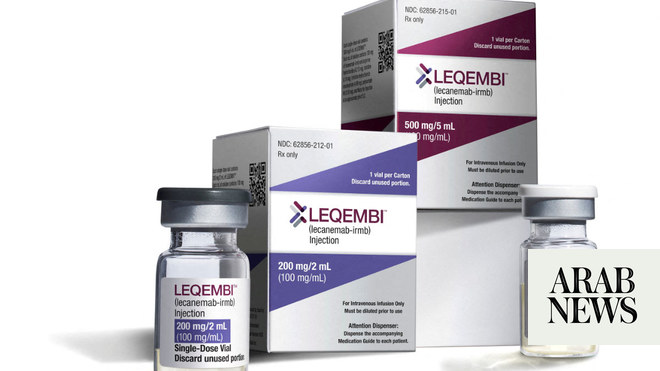
A new Alzheimer’s drug has been rejected for widespread use by the NHS in England after the health spending watchdog said that it “does not currently demonstrate value for the NHS”.
The news comes as the UK’s medicines regulator said donanemab could be licensed for use in the UK.
It is the second disease-modifying Alzheimer’s drug to be rejected by the National Institute of Health and Care Excellence (Nice) in a matter of months.
Donanemab, manufactured by pharmaceutical company Eli Lilly, is a targeted antibody drug that slows down the early stages of Alzheimer’s.
The drug, and another new drug for Alzheimer’s called lecanemab, have been billed as a huge step forward in research because they target a known cause of the disease, rather than just treating the symptoms.
Commenting on new draft guidance rejecting the drug, Helen Knight, the director of medicines evaluation at Nice, said: “For Nice to be able to approve a medicine for use in the NHS it must provide additional benefits to patients, and it must also represent a good use of NHS resources and taxpayers’ money.
“Our independent committee looked at all the available evidence, including the benefits for carers. This shows donanemab could slow down cognitive decline by four to seven months, but this is just not enough benefit to justify the additional cost to the NHS. The cost effectiveness estimate for donanemab is five to six times above what Nice normally considers an acceptable use of NHS resources.
“I know this will be disappointing news, but this is an emerging field of medicine and there are other treatments being developed.”
In August, lecanemab was approved by the medicines regulator, the Medicines and Healthcare products Regulatory Agency (MHRA), making it the first drug of its kind to be licensed for use in the UK.
But Nice quickly said that the benefits of lecanemab, made by Eisai and sold under the brand name Leqembi, were “just too small to justify the significant cost to the NHS” and in draft guidance, it said that the drug should not be rolled out for widespread use across the NHS.
Concerns were raised that the decision would lead to a two-tier system for Alzheimer’s patients – with those able to afford the drug able to access it privately while others who rely on NHS care were left without.
Both donanemab and lecanemab bind to amyloid, a protein which builds up in the brains of people living with Alzheimer’s disease.
By binding to amyloid, the drugs are designed to help clear the buildup and slow down cognitive decline.
Evidence suggests that people get the most benefit if they are given the treatment at an earlier stage of the disease.
Clinical trials testing the safety and efficacy of donanemab, also known as Kisunla, found that it could slow the rate at which memory and thinking get worse by more than 20%.
Results also suggest the drug leads to a 40% reduction in the decline of everyday activities such as driving, enjoying hobbies and managing money.
The drug, which is given to patients via an intravenous drip once every four weeks, does carry a risk of side effects – some of them serious, including brain swelling and micro-brain bleeds.
Both donanemab and lecanemab have been approved for use in the US, though the European medicines regulator rejected lecanemab earlier this year.












